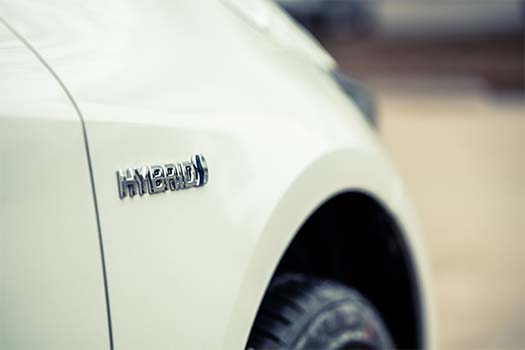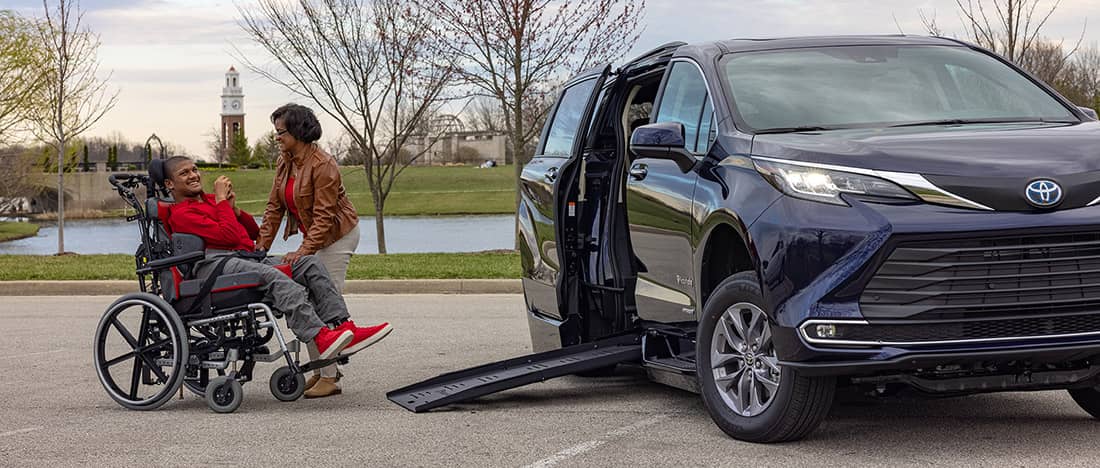
How Much Does a Hybrid Battery Replacement Cost?
How Long Do Hybrid Batteries Last?
Drivers across the U.S. tend to drive their cars for about 100,000 miles before getting a new vehicle. Luckily for hybrid drivers, batteries often last from 80,000 to 100,000 miles. With routine vehicle maintenance, some batteries may last up to 200,000 miles. If you plan to get a new vehicle around the 80,000 to 100,000-mile mark, there is a chance you may not need to replace your hybrid battery. Hybrid batteries generally last between eight and ten years depending on your vehicle make and model, as well as routine maintenance and driving habits.
Signs That Your Hybrid Battery Needs Replacement
There are a few signs drivers should look out for when determining whether it’s time to replace a hybrid battery. These signs include:
- Decreased fuel efficiency: If you notice you’re spending more on gas than usual, it could mean your vehicle is relying more on its engine and less on electric power. Less reliance on electric power could point to an issue with the vehicle battery.
- Reduced performance and power: Your vehicle may stall, be slow to accelerate, or struggle to get up a hill. You may also notice a change in regenerative braking. Regenerative braking captures the energy lost during braking and converts it to electricity to recharge your vehicle battery. If braking is not recharging your battery, you may need to replace it.
- Dashboard warning lights: Depending on the model year of your vehicle, you may see a warning light on your dashboard signifying a battery issue.
- Age of battery: Generally, in the U.S., hybrid car batteries should come with a warranty lasting at least eight years or 100,000 miles, whichever comes first. If you’ve owned or driven your vehicle beyond its warranty, you may need to replace your battery.
- Unexpected noise: If your vehicle is making unexpected noise, you may need to replace your battery or see a local mobility dealer to check for any underlying issues.
Factors Affecting Replacement Costs
Hybrid batteries differ from those in gasoline-powered vehicles in both structure and function, so multiple factors can influence its replacement cost, including:
- Battery Type and Technology: Hybrid vehicles use more sophisticated batteries than gasoline vehicles, which can increase replacement costs.
- Capacity and Size: Like light bulbs are measured in watts, car batteries are measured in kilowatts. A higher kilowatt rating means more energy storage capacity, which can increase both the physical size and the cost of the battery.
- Vehicle Make and Model: Each hybrid battery is made to fit a specific vehicle make and model, so costs may vary, with some models requiring more expensive batteries than others.
Contact your local BraunAbility dealer to learn more about the Toyota Sienna Hybrid and its battery.
Warranty Coverage on the BraunAbility Toyota Sienna
Owners of a BraunAbility Toyota Sienna Hybrid will receive a warranty from Toyota for their battery and their vehicle chassis. They will also receive warranties from BraunAbility.
Toyota’s battery warranty lasts ten years, or 150,000 miles, whichever comes first (model year 2020 or later). For specific information on battery and vehicle warranty, visit the Toyota Hybrid vehicle warranty page
For warranty and funding information specific to BraunAbility conversions, visit our warranty and service information page.
Preventive Measures and Maintenance Tips
Preventative maintenance and good driving habits will allow you to continue to get from point A to point B. Tips to keep your hybrid vehicle running include.
- Routine Vehicle Maintenance: Regular vehicle upkeep and maintenance are essential to ensuring your hybrid battery lasts for many years. Contact your local BraunAbility dealer to schedule routine vehicle maintenance.
- Driving Habits: Aim to drive your vehicle at least once a week to maintain your car’s battery. Keep in mind a significant increase or decrease in outdoor temperatures can affect battery life.
- Alternate Driving Modes: Many hybrids are equipped with an economy or "Eco" mode. Engaging Eco mode primarily adjusts the vehicle’s engine and transmission settings to optimize fuel efficiency, which may prolong the vehicle’s battery life.
The BraunAbility Toyota Sienna Hybrid
If you’re in need of a wheelchair accessible vehicle, and you’re looking to enjoy the advantages of driving a hybrid, the BraunAbility Toyota Sienna Hybrid is a great option. The vehicle is not only equipped with a powered ramp, but its removable front seats allow wheelchair users to remain in their wheelchair, whether they are a driver or a passenger. The vehicle also maintains the same estimated 36 mile per gallon fuel efficiency as a non-accessible Toyota Sienna.
You can learn more about our customers and their Toyota Sienna’s, or other BraunAbility products in our library of customer testimonials, and, if you’re ready to get behind the wheel, visit your local BraunAbility dealer today.




